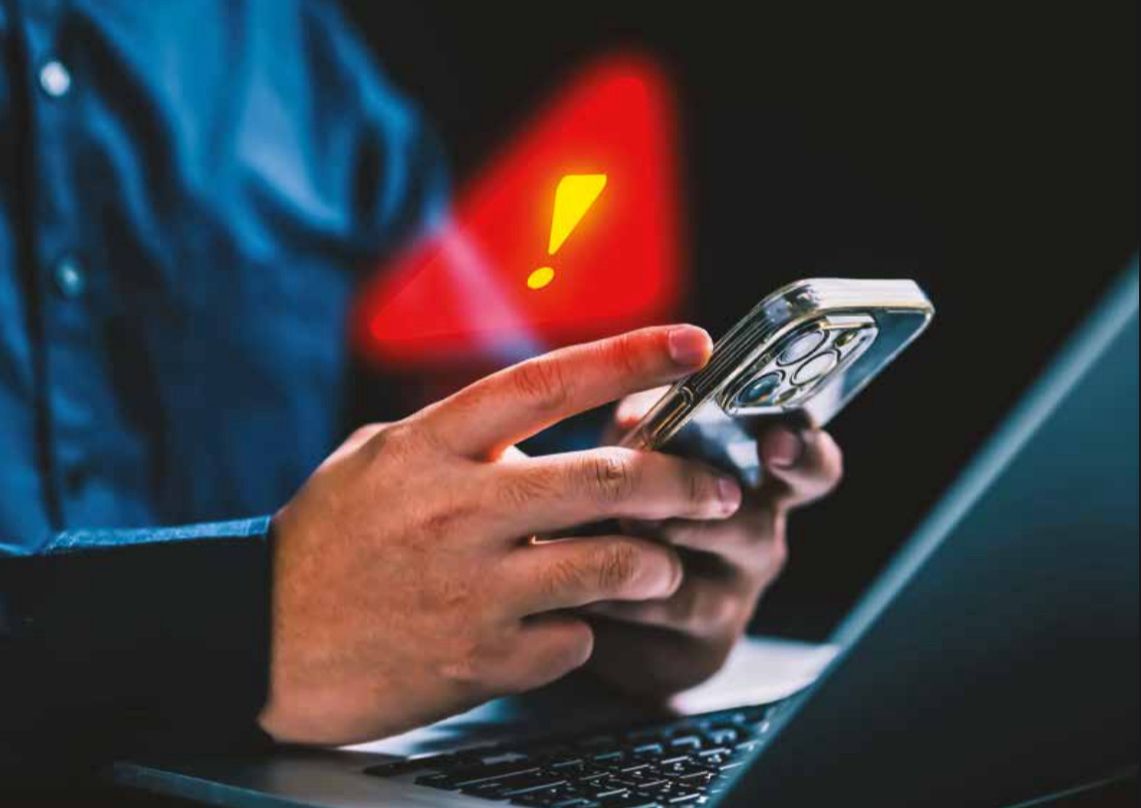The UAE Government’s Cybersecurity Council, in collaboration with Abu Dhabi Police, has issued a strong warning to the public about the dangers of engaging with messages or phone calls from unknown sources. Officials cautioned that such communications are often used as gateways for phishing and cyber fraud, which continue to evolve in sophistication and scale.
The Council highlighted that rapid technological advancement has led to a marked increase in cyberattacks and online fraud, now considered among the fastest-growing threats to individuals and societies worldwide. No longer confined to traditional methods, cybercriminals are exploiting electronic services, smart applications, and digital networks to lure victims through highly convincing schemes that often go undetected until after the crime has occurred.
The emergence of artificial intelligence tools in the cyber domain has further complicated the fight against such crimes, making coordinated efforts between individuals and institutions essential. Authorities stressed the need to raise public awareness to keep pace with the rapidly changing landscape of cyber threats.
Abu Dhabi Police urged residents to remain vigilant against evolving fraud tactics, including malicious links, fake advertisements in search engines, fraudulent job offers, and property scams. The force emphasised the importance of using only approved applications for purchases and service requests, warning that criminals often deploy fake websites disguised as official entities or reputable companies to steal personal and financial information.
Police officials advised the public to verify the legitimacy of websites before sharing sensitive information, and to use only official, government-approved apps available through recognised app stores. They reiterated that individuals should never disclose banking or personal details—including account information, passwords, ATM PINs, CCV codes, or online banking credentials—to unverified parties.
Residents were encouraged to report suspicious activity immediately via the Aman service through the 8002626 hotline, SMS to 2828, the Abu Dhabi Police smart app, email at aman@adpolice.gov.ae, or the Police in Your Phone service. The police reaffirmed their ongoing commitment to public awareness and cybercrime prevention as part of their strategic priority to enhance security and safety.
The Cybersecurity Council noted that fraud-related cyberattacks target individuals, businesses, and even major institutions, with the level of protection and response varying according to the sophistication of defence mechanisms and the awareness of those involved. To counter such threats, the Council has organised a series of awareness workshops, forums, and public sessions, in partnership with relevant agencies, to educate citizens and residents about new tactics used by cybercriminals—such as malicious applications granting full control of victims’ devices.
In addition, the Council has launched community-wide initiatives to warn against unverified digital applications. These campaigns encourage the public to download apps only from official sources, avoid clicking unsolicited links, refuse unnecessary app permissions such as access to messages or administrative settings, maintain up-to-date operating systems, and install certified antivirus software.
Cybersecurity experts involved in these initiatives stressed the role of individuals in preventing cybercrime, particularly by verifying calls that request sensitive information such as national ID numbers or bank account details. They urged the public to ensure that such calls originate from officially recognised numbers belonging to authorised entities operating under advanced cybersecurity frameworks.
Both the Cybersecurity Council and Abu Dhabi Police reaffirmed their dedication to monitoring and addressing reports of cyber fraud through official channels, underscoring that prompt reporting remains the most effective means of limiting damage. In an age where fraud techniques are constantly advancing, public awareness and adherence to simple preventive measures remain the first and strongest line of defence.














